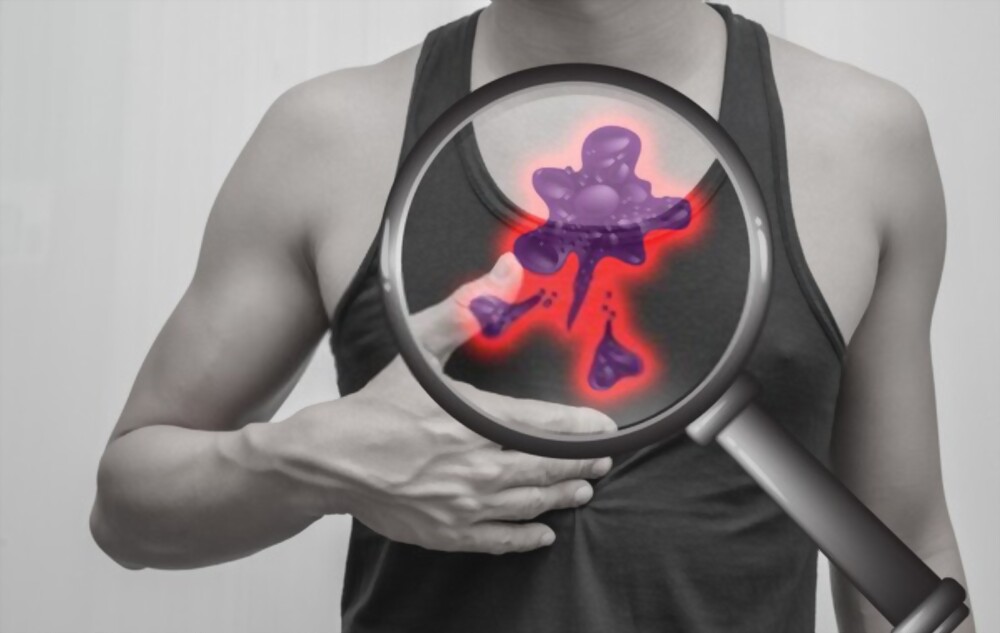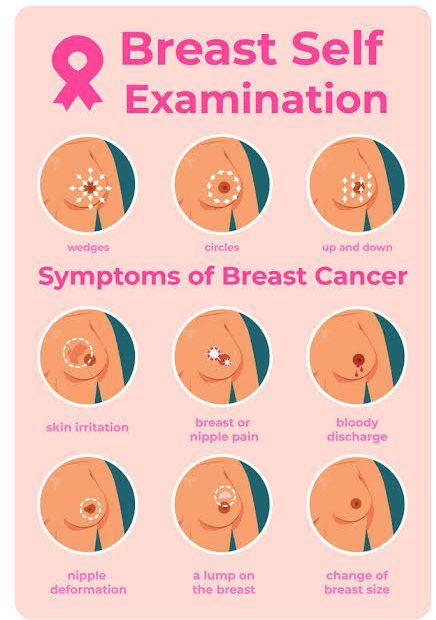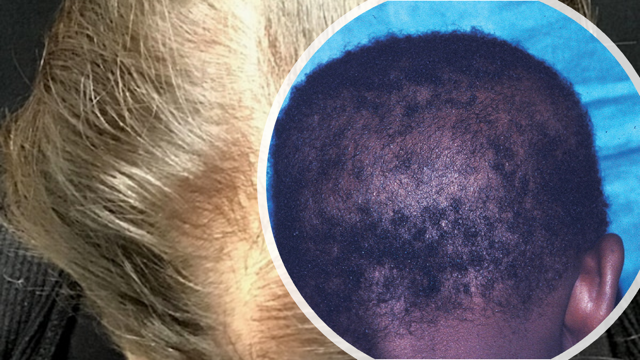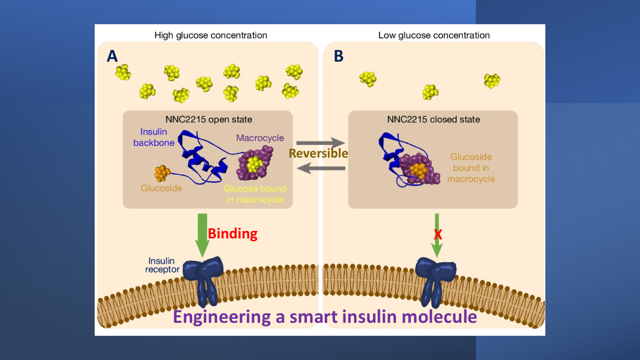2,190 Men Risk Breast Cancer, 410 Die Every Year
Here’s The Truth: It’s quite the contrary; estimates by the National Breast Cancer Organisation suggest that, at least, 2,190 men will be diagnosed with breast cancer every year. Of this number, 410 will die.
While this percentage is still small, men should also check themselves periodically by doing a breast self-examination. Men carry a higher mortality than women do, primarily because awareness among men is less and they are less likely to assume a lump is breast cancer, which can cause a delay in seeking treatment.
What is Breast cancer?
Breast cancer occurs when there’s an alteration to the genes responsible for health and growth of the breast cells, causing the cells to grow abnormally. This uncontrolled abnormal cells can invade other healthy breast tissues and travel to the lymph nodes. The lymph nodes are a primary pathway that help the cancer cells move to other parts of the body, giving rise to symptoms that presents in different ways.
Symptoms that cause changes in shape, texture and size of the breast are:
1. Breast lump or thickening that feels different from the surrounding tissue
2. Change in size, shape or appearance of the breast
3. Changes or dimpling to the skin over the breast
4. A newly inverted nipple
5. Peeling, scaling, crusting or flaking of the pigmented area of skin surrounding the nipple (areola) or breast skin.
Who are at Risk?
A breast cancer risk factor is anything that makes it more likely you’ll get breast cancer. But having one or even several breast cancer risk factors doesn’t necessarily mean you’ll develop breast cancer. They include:
1. Age: The risk of breast cancer increases as you age.
2. Heredity: If your mother, sister or daughter was diagnosed with breast cancer, particularly at a young age, your risk of breast cancer is increased
3. Beginning period at a younger age (12years)
4. Beginning menopause at an older age (55years)
5. Overweight: Having more fat tissue can increase your chance of getting breast cancer by raising estrogen levels.
6. Hormonal Replacement Therapy: Hormone replacement therapy (HRT), specifically estrogen-progesterone therapy (EPT), is related to an increased risk
7. Birth control; High-dose estrogen birth control pills were linked to a higher risk of breast cancer in younger women
8. Alcohol: Women who consume alcohol have a higher risk of breast cancer than those who do not.
9. No child or first child at age 35: Pregnancy, with its whirlwind of hormonal changes, is known to affect breast cancer risk. Having children lowers women’s risk of breast cancer overall.
10. Dense Breast: Women with denser (full) breasts are more likely to receive a diagnosis of breast cancer.
This is how to check for Breast Cancer:
1. Breast self-examination: During the examination, the person may need to sit or stand with their arms in different positions, such as above their head or by their sides.
2. Mammography: This is a type of X-ray that doctors commonly use during an initial breast cancer screening. It produces images that can help a doctor detect any lumps or abnormalities.
3. Biopsy: In a biopsy, the doctor extracts a sample of tissue and sends it for laboratory analysis. This shows whether the cells are cancerous.
Doing the above procedure will help detect the cancer in time when it’s still a treatable with the following treatment plan:
Radiation: It involves targeting the tumor with controlled doses of radiation that kill any remaining cancer cells.
Surgery: Lumpectomy; removing the breast lump only. Mastectomy; removing all Breast tissue.
Chemotherapy: Cytotoxic chemotherapy drugs to kill cancer cells if there is a high risk of recurrence or spread.
Hormonal therapy: it’s the use of hormone-blocking therapy to prevent hormone-sensitive breast cancers from returning after treatment.
Who should go for Breasts screening? Women Between 50 and 74 years of age and those who have an average risk should undertake screenings every two years. Breast self-examination should be done three times in a month. If any lump is felt, please go to the hospital for further investigation.

















Follow Us